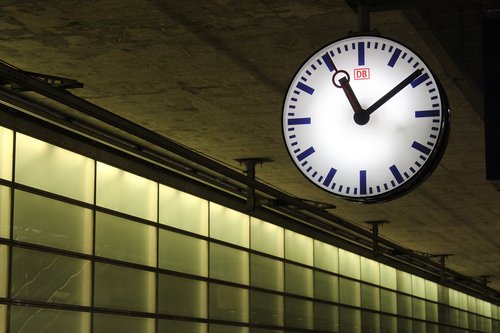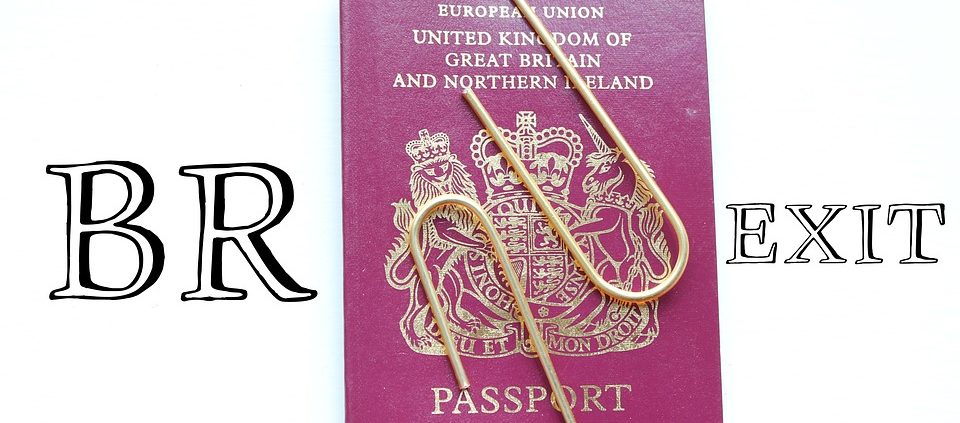Dissolution of an Islamic Association as a Result of the Terrorist Attack of 2 November 2020 Suspended
Dr. Georg Rihs is pleased about another successful intervention in a current religious law case: due to the representation in the appeal proceedings, the Vienna Provincial Police Directorate as association authority revised the dissolution of the Islamic “Association for the Promotion of Islamic Culture”.
The success solidifies the firm’s reputation in complex administrative and religious law proceedings and in connection with proceedings under the Islam Act 2015.
As a result of the terrorist attack on 2.11.2021, the Vienna Police Directorate, as the association authority, dissolved two Islamic associations with immediate effect by means of a mandate notice without any preceding investigative proceedings.
The association “Verein zur Förderung der islamischen Kultur” (Association for the Promotion of Islamic Culture), which operates the Tewhid Mosque in 1120 Vienna, Murlingengasse 61, was one of these two associations. The Vienna Regional Police Directorate justified the immediate dissolution under the Associations Act by stating that the assassin had visited the mosque in 1120 Vienna before the attack.
The dissolution of the association also meant that the Islamic Religious Community of Austria (IGGÖ) withdrew the mosque’s legal status as a “mosque community” under intra-religious law.
The association’s officials filed a timely appeal against the decision to dissolve the association. This appeal did not have a suspensive effect. This means that the association was deprived of its legal personality for the duration of the proceedings.
The Vienna Provincial Police Directorate now had to revoke the mandate notice after a thorough examination of the facts. It determined that no persons with Islamist extremist ideology held functions in the association or were active in a supportive capacity for the mosque. At no time did the association actively call on individuals to participate in armed jihad in crisis areas or encourage them to do so. According to the findings of the association’s authorities, the sermons delivered at the mosque’s Friday services did not glorify jihad.
During the proceedings, it emerged that neither the BVT nor the LVT Vienna had any reliable evidence or reports that would have justified the measure of dissolving the association. Although the Vienna Regional Police Directorate, as the authority responsible for the association, invited the BVT and the LVT Vienna to submit evidence later in the proceedings – this evidence should have been available at the time of the dissolution of the legal entity – neither institution was able to provide any comprehensible justification for the dissolution. The Regional Police Directorate also critically noted that the BVT and the LVT Vienna – despite repeated requests – were unable to provide any information on alleged violations of criminal law by association bodies.
The association actively cooperated in this investigation and submitted all sermons held at church services in 2013 and 2020 in German translation.
The withdrawal of the dissolution of the association was the necessary consequence of the investigative proceedings of the association authority.
The association has thus been rehabilitated. It now again enjoys full legal personality under the Law on Associations.
After a relatively long procedure, the association has thus been restored to its legal status. It remains questionable and problematic that the proceedings took more than four months, although from the beginning there were no facts that would have justified dissolution. The association has suffered financial damage as a result of the (now proven) illegal dissolution with immediate effect.
It remains to be seen whether the mosque will be reinstated as a mosque community by the Islamic Religious Community.
Also Austrian press (daily newspaper Der Standard) has covered the subject-matter (Link).









